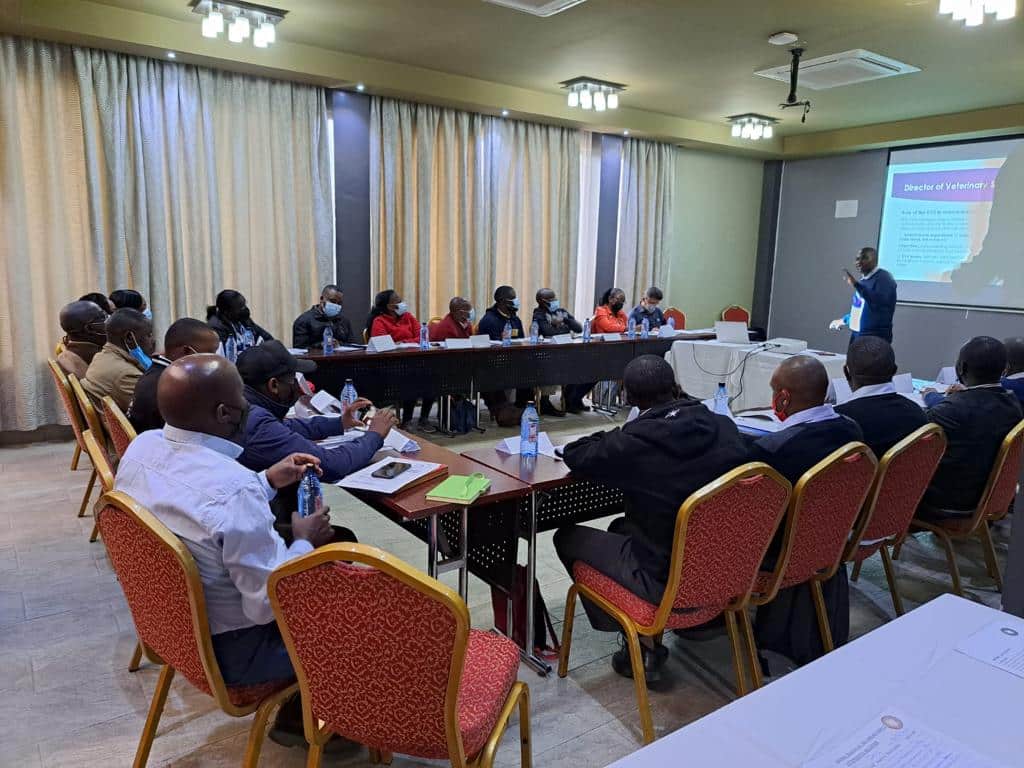The U.S. Grains Council (USGC) worked with the Association of Kenya Feed Manufacturers (AKEFEMA) this June and July to host a series of feed mill management and code of conduct trainings for its membership. AKEFEMA’s code of conduct works to ensure good practices and regulatory requirements are met when producing animal feeds, which is critical for the continued growth of the feed sector in Kenya.
“A key pillar of the Council’s memorandum of understanding (MOU) with AKEFEMA is capacity building and organizational support for AKEFEMA members and the association in general,” said Katy Wyatt, USGC manager of global strategies.
Held in Nairobi, Thika and Nakuru, Kenya – key areas for feed manufacturing in the country – the trainings covered a host of topics including best practices in feed manufacturing, feed quality control, mill management, legal and regulatory requirements for commercial feed operations in Kenya, and grain testing and quality control requirements for feed mills operating in the country.
AKEFEMA’s Code of Conduct is comprised of nine pillars that collectively work to ensure the feed being produced in Kenya is safe, reliable and of high quality. This training program has had to be postponed more than once over the past year due to COVID-19 restrictions, so it is exciting to now see these trainings take place. Locations for the training were chosen to ensure the greatest opportunity for AKEFEMA members across Kenya to be able to attend.
Each event brought together nearly 35 AKEFEMA members for sessions over four days. Six training sessions were held in total, reaching more than 180 individuals, representing more than half the AKEFEMA members.
“The Council looks forward to continuing its partnership with AKEFEMA and supporting the growth of the feed manufacturing industry in Kenya,” Wyatt said.
About The U.S. Grains Council
The U.S. Grains Council develops export markets for U.S. barley, corn, sorghum and related products including distiller’s dried grains with solubles (DDGS) and ethanol. With full-time presence in 28 locations, the Council operates programs in more than 50 countries and the European Union. The Council believes exports are vital to global economic development and to U.S. agriculture’s profitability. Detailed information about the Council and its programs is online at www.grains.org.

